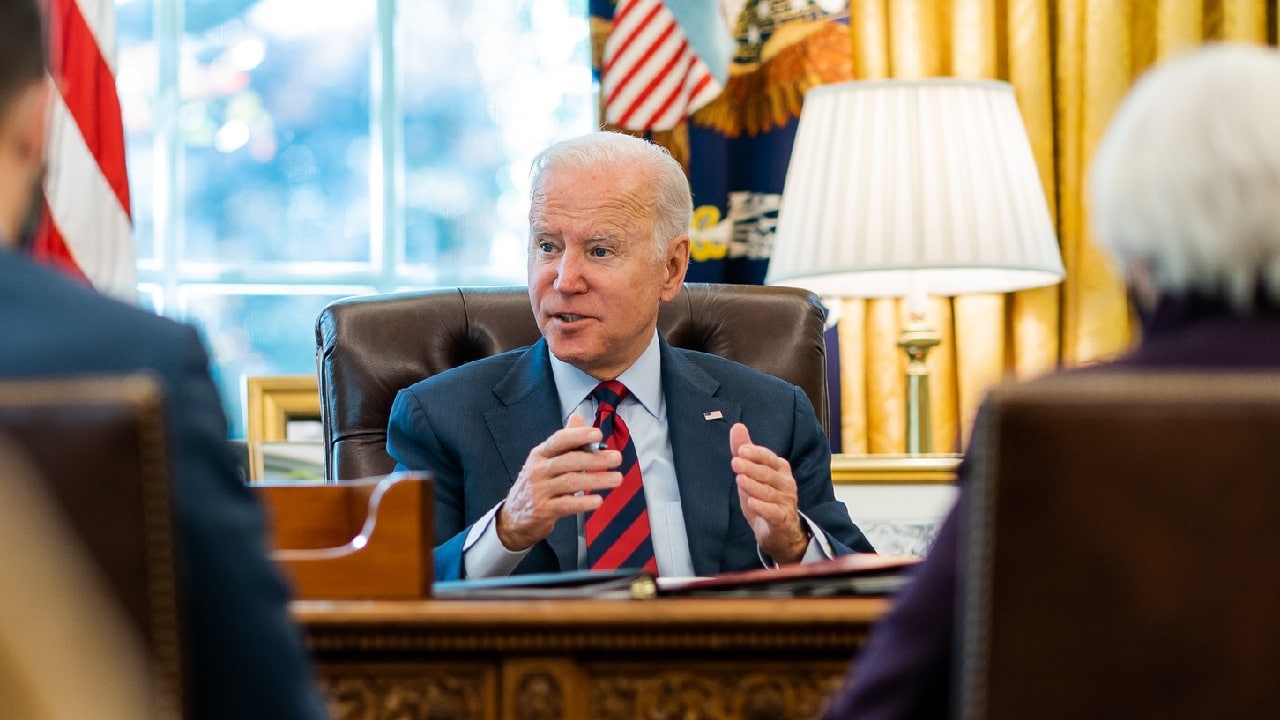Is A Recession Coming This Summer? – Former Federal Reserve Governor Lawrence Lindsey warned on Monday that rising inflation will force American consumers to begin to limit their spending by levels that will push the U.S. economy into a recession by July.
Speaking to CNBC, Lindsey said that he believes the U.S. economy will slip into a recession “probably in the next quarter” blaming the rising cost of food, goods, and fuel.
“Inflation is eating into consumer spending power, they’re going to have to cut back,” he said.
Lindsey also warned that the Federal Reserve is “nowhere close” to being able to control rising prices, and warned that consumer inflation could rise by as much as 1% per month this year – a rapid rise in costs that hasn’t been seen for more than two months since 1980.
“That’s going to push consumer purchasing power down by about 2 points on top of the 2.5 points it has already declined since the beginning of 2021. You can’t have that much of a shock without having a recession,” Lindsey said.
Not All Experts Agree
Just last month, however, economics and financial experts predicted that a recession wasn’t likely to occur any time soon Lisa Shalett, the Chief Investment Officer of Wealth Management at JP Morgan Stanley said that the U.S. economic outlook “may be brighter” than we think.
“While the Morgan Stanley Global Investment Office remains cautious in navigating today’s market volatility and understands the complications that the war-induced commodity shock delivers to the global economy, we are far from calling a U.S. recession,” Shalett wrote, before laying out three reasons why she believed a recession is not on the cards.
The first reason, she wrote, is the severity of commodity prices. Higher commodity prices are the most “self-curing sort” of inflation, meaning the effect would be temporary. Usually, she says, higher prices mean greater production which is met by lower demand.
Her second reason was that inflation will affect consumer spending.
“While the Morgan Stanley Global Investment Office remains cautious in navigating today’s market volatility and understands the complications that the war-induced commodity shock delivers to the global economy, we are far from calling a U.S. recession,” she wrote, adding that a drop in gasoline purchases with many Americans still working from home means households will save more than they spend.
Thirdly, she said that the United States has the capacity to be energy independent.
“Foreign energy imports account for less than 5% of total consumption today. U.S. oil drillers are operating only 527 oil rigs in comparison with 1,592 at the peak in 2014,” Shalett wrote, arguing that both the United States and Europe are capable of finding rapid alternatives to Russian energy “with a combination of new liquefied natural gas sources and an expansion of ‘green’ sources.”
However, if spending power drops significantly, it’s hard to see any likelihood other than a recession. According to Labor Department estimates, earnings adjusted for inflation dropped by 2.6% over the year ending February.
Food Costs Set to “Surge Higher”
Experts can’t agree, and time will tell whether a recession is truly on the cards. In the meantime, however, inflation shows no sign of slowing down.
According to an analysis by Evercore ISI, the cost of meat is likely to surge even higher throughout the rest of the year, with prices expected to “substantially” rise. Chicken breast could see a price increase of 70% year-over-year in the first half of 2022, and both ground pork and beef could climb 20% year-over-year for the same period.
“Chicken and hamburger prices are expected to continue rising, while steak prices will likely moderate,” David Palmer, the senior managing director of Evercore said in a statement.
Recession or not, American consumers should expect to pay higher prices for food and goods this summer.
Jack Buckby is a British author, counter-extremism researcher, and journalist based in New York. Reporting on the U.K., Europe, and the U.S., he works to analyze and understand left-wing and right-wing radicalization, and reports on Western governments’ approaches to the pressing issues of today. His books and research papers explore these themes and propose pragmatic solutions to our increasingly polarized society.

